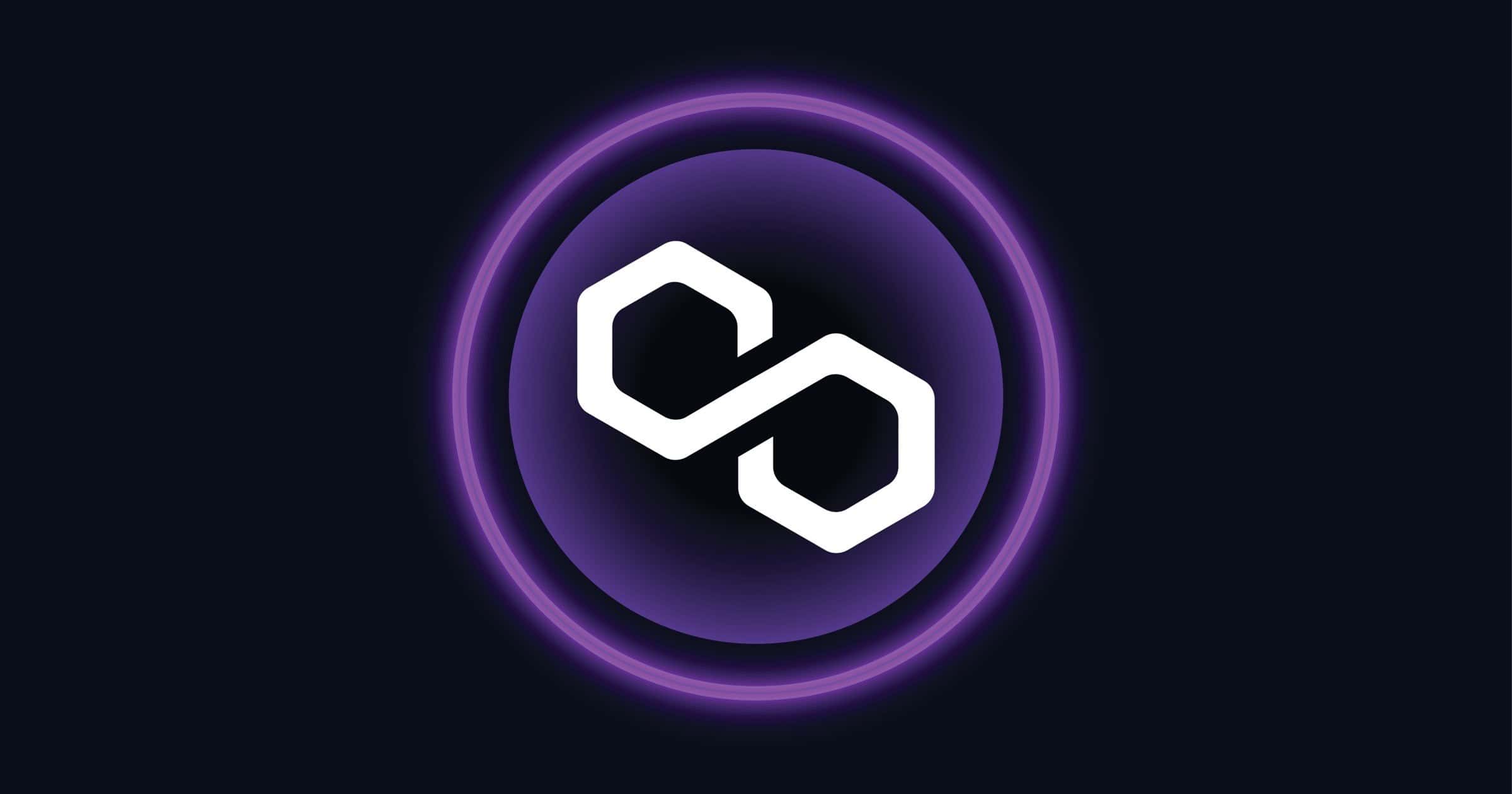On Thursday Shard Labs announced that it has chosen the Polygon blockchain to develop a liquid staking protocol for the MATIC token. This will be done with Lido, a liquid staking protocol and decentralized autonomous organization (DAO).
Staking MATIC
Lido for Polygon PoS will soon allow users to easily stake Polygon’s MATIC tokens in a decentralized and secure way, and get stMATIC in return for use in other decentralized finance (DeFi) protocols while continuing to earn staking rewards. With Polygon solving problems around speed, network costs, and rising gas fees, users have a more cost-effective and friction-free way to stake, exchange, and withdraw MATIC.
Lido currently holds #8 of all DeFi by TVL ($5b) or 86% market domination on Ethereum which makes it a leader in liquid staking space. The additional value Lido can bring to Polygon is decentralizing stake distribution and getting more capital efficiency in the ecosystem – enabling staked MATIC (stMATIC) to participate in DeFi on Polygon.
Sandeep Nailwal, co-founder of Polygon:
Shard Labs is a very welcome addition to the burgeoning Polygon ecosystem, and we’re excited to support Shard and their team of developers as they build the future of liquid staking. This is another example of Polygon PoS becoming the platform of choice for scaling Ethereum because of its network composability.
What is Staking?
To summarize, staking is a feature of blockchains that use a proof-of-stake (PoS) consensus mechanism. Consensus is a way to ensure that all blockchain transactions are verified and secured. Staked cryptocurrencies are part of this process.
When you stake your crypto, you are locking it into that particular blockchain. The goal is to have a chance to add a new block onto the blockchain in exchange for a reward. The more crypto you have staked, and the longer you have them staked, the higher your chance is of being selected.
From Coinbase: “Staking has the added benefit of contributing to the security and efficiency of the blockchain projects you support. By staking some of your funds, you make the blockchain more resistant to attacks and strengthen its ability to process transactions.”
